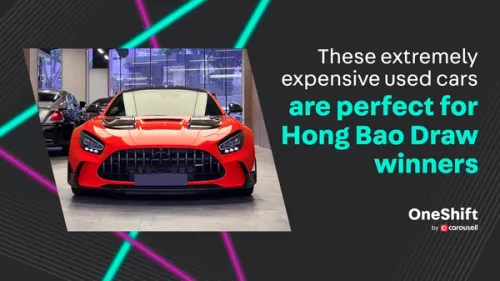Is Singapore supportive enough for electric vehicles?
Perhaps, instead of looking for government support, why not provide Singapore the electric vehicle support it needs?

Well, in case you haven’t noticed Elon, we have a Personal Mobility Device (PMD) situation over here that’s turning sidewalks into Medishield nightmares for our citizens.
The difference between a high-powered Lamborghini charging down the street and any “ludicrous-mode” P90 Tesla model is that the former does so with a screaming engine, crackling exhaust notes and warns pretty much everything in its path. The Tesla’s lack of decibels and instantaneous torque are quite the ingredients in accidents. Considering that we already suffer from “text neck” and a National average of 3 accidents per week from those pesky PMDs, even a 260-hp Model 3 qualifies as a stealthy pedestrian displacer.
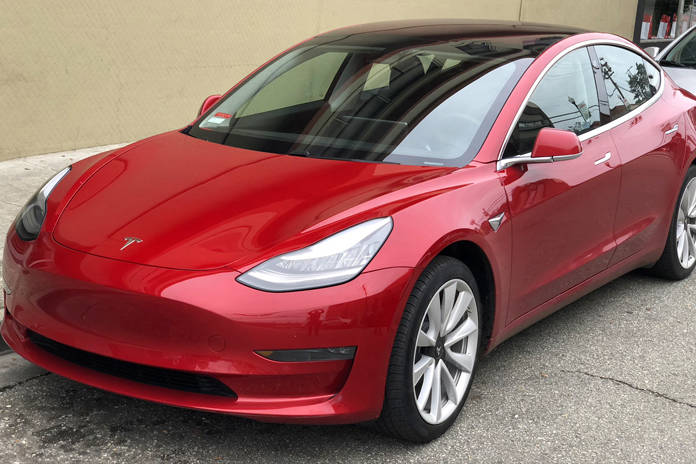
Electric cars suffer from a long pesky calculation model for road tax that puts only the high powered Teslas at a disadvantage (even a Model 3 carries a $2000+ yearly road tax). Motors with smaller outputs such as Renault Zoe, Hyundai Ioniq Electric and the electric Nissan Leaf are far more affordable at least on a road tax basis.
While Government incentives are a clear sign of support for electric vehicles and can be seen as a stepping stone to help customers shift from traditional Internal Combustion Engine (ICE) vehicles - it has proved to not always be the case. In 2016, the Hong Kong government rolled out EV incentives that eventually helped Tesla to dominate the Hong Kong EV market. As the incentives were throttled back and phased out in 2017, EV sales came to a grinding halt. Now Hong Kong is bringing back some incentives to revive the EV market.

Customers buying EVs purely because they are cheaper does not indicate a shift towards EV acceptance. That’s just a weird way to drive up EV sales, if that’s the kind of government support Elon is looking for.
Despite the low volume of electric cars on the roads and unpredictable electric car uptake, the growing number of charging stations built by both the government and private companies such as Red Dot Energy demonstrate Singapore’s commitment towards preparing for an EV evolution. Electric fleets such as HDT’s BYD e6 and BlueSG’s Bolloré Bluecar have started to become more commonplace as the charging infrastructure continues to expand. So what's with Elon Musk citing a lack of government support? It even got Razer’s boss concerned who has since reached out to Elon Musk offering support.
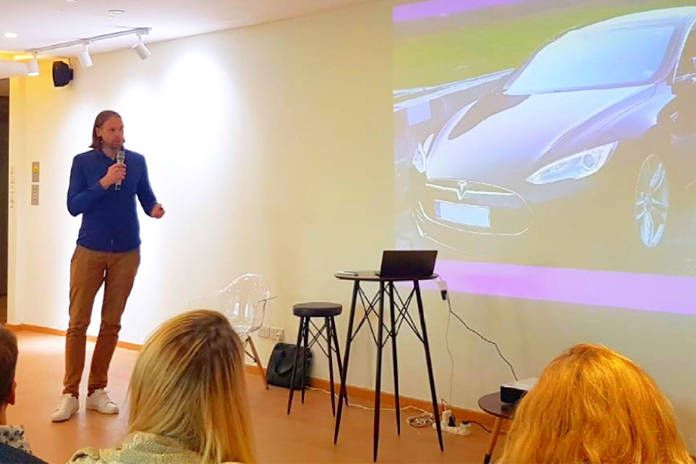
Rokas Danusevicius, who was here in Singapore last week, believes that if we want a fast transition from ICE to EVs, we need to dramatically increase the number of charging points available. The CEO and Co-founder of CHRG Network finds Singapore to be one of the perfect countries for EV uptake. Having bought a Tesla himself back in Lithuania despite the underdeveloped charging infrastructure there, he strives to make EVs more mainstream by tackling the problems involved personally.
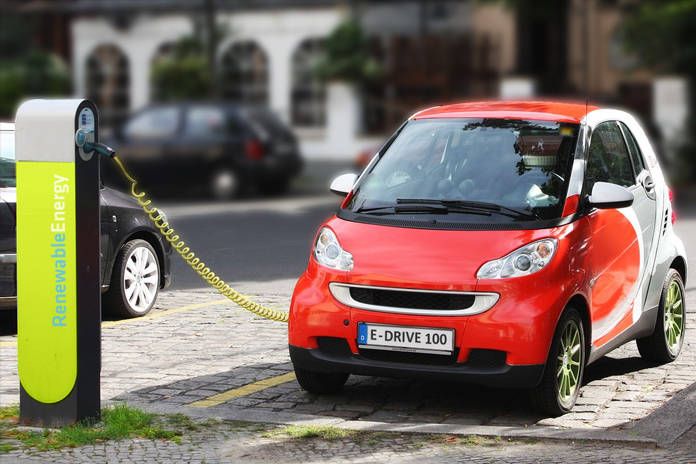
Regulations such as VES Phase II is only going to make it pricier for internal combustion engines (ICE) while EVs will get to enjoy healthy rebates that even hybrids such as the Prius no longer qualify for. Instead of lobbying with the government for more support towards ICE, automakers have been busy trying to attain higher thermal efficiencies through new technologies that result in more efficient combustions.
Toyota premiered improved thermal efficiency engines dubbed the Dynamic Force Engine that shuffled between direct fuel injection and port injection depending on load. Mazda’s next generation SkyActiv-X engine also paratakes in some form of load-based shuffling, but it goes further by trying to achieve diesel engine-like fuel efficiency through what they have dubbed Spark Plug Controlled Compression Ignition (SPCCI). Infiniti also rolled out the Variable Compression Turbo (VC-T) engine last year in a similar pursuit.
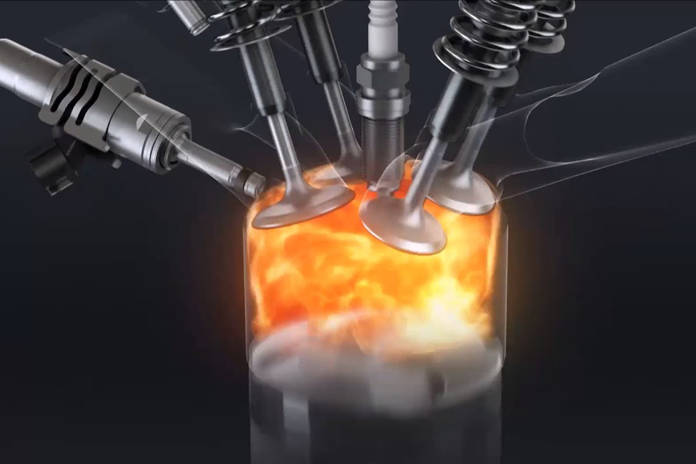
With companies, automakers and entrepreneurs offering solutions to ease the transition into the electric vehicle era, perhaps, instead of looking for government support - why not provide Singapore the electric vehicle support it needs? Instead of placing high powered vehicles in a tiny country, how hard is it to swap out Tesla models with motors that have lower power outputs and are taxation friendly? We are quite content with our 1.6L Toyota Corollas while our neighbours have more powerful 1.8 and 2.0l versions after all.
Credits:


Get the Best Price for your used car
from 500+ dealers in 24 hours

- Convenient and Hassle-Free
- Consumer Protection
Transparent Process
With No Obligation



